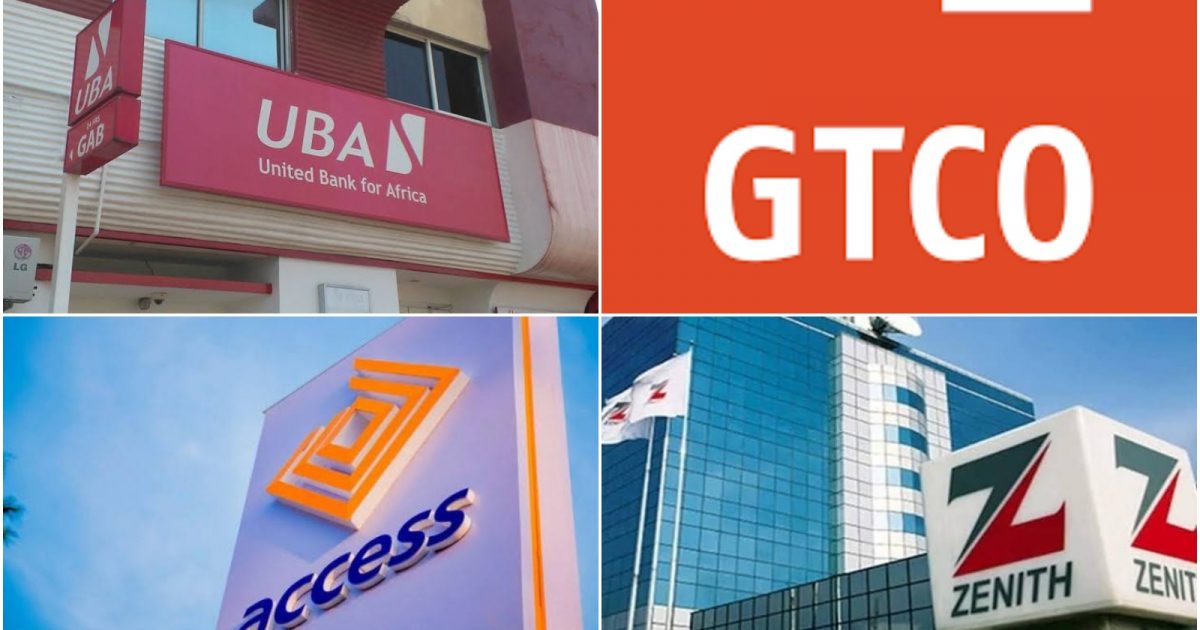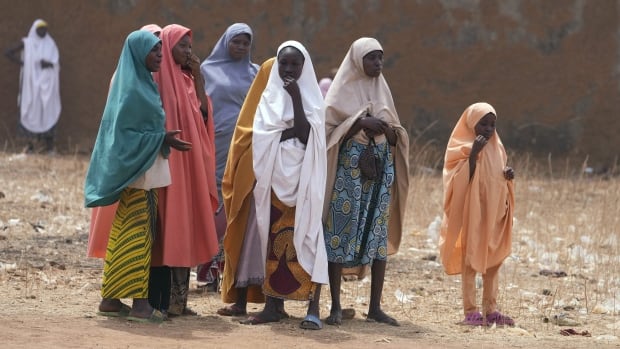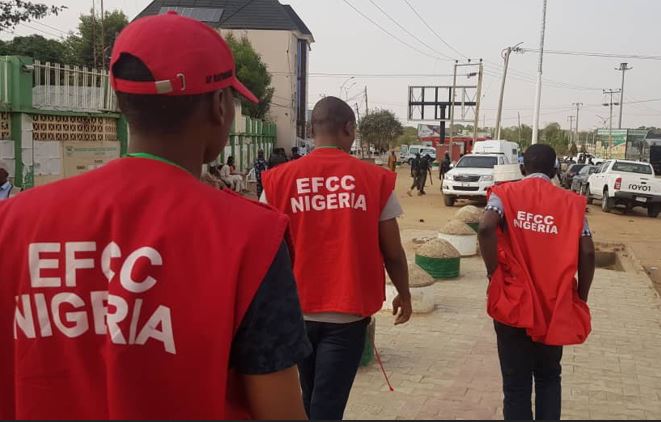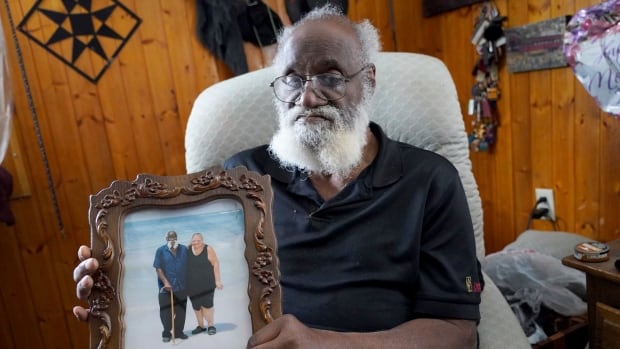
The Central Bank of Nigeria and the Nigerian Communications Commission have issued a final directive to Deposit Money Banks and Mobile Network Operators to resolve the protracted N250bn Unstructured Supplementary Service Data debt dispute.
CBN and NCC are both regulatory agencies of the Federal Government.
The directive, contained in a joint circular dated December 20, 2024, was signed by the acting Director of Payments System Management at the CBN, Oladimeji Taiwo, and the Head of Legal and Regulatory Services at the NCC, Chizua Whyte.
The document, exclusively obtained by our correspondent, outlined a structured payment plan for clearing the debt and introduced new operational guidelines for USSD services.
Under the terms of the directive, 60 per cent of all debts incurred before the implementation of Application Programming Interfaces in February 2022 must be paid as full and final settlement.
Payment agreements—whether as lump sums or instalments—must be finalised by January 2, 2025, with full settlement due by July 2, 2025.
For debts arising after February 2022, the CBN and NCC mandated that banks pay 85 per cent of all outstanding invoices by December 31, 2024, and ensure that 85 per cent of future invoices are settled within one month of issuance.
The regulators also directed both parties to discontinue all ongoing litigation related to the USSD debt issue, warning that non-compliance would attract stiff sanctions.
“In view of the foregoing, the CBN and NCC hereby direct that all DMBs and MNOs adhere strictly to the outlined payment terms to ensure final resolution of this matter. Failure to comply will result in sanctions,” the circular stated.
The move comes amid mounting pressure from telecom operators, who had earlier called for a clear payment framework to address the debt, which has strained relationships between the banking and telecom sectors.
Additionally, the regulators emphasized the transition to end-user billing for USSD services, noting that it would only apply to banks and telcos that meet the outlined payment obligations.
Pending this transition, operators are required to implement a “10-seconds rule,” ensuring sessions shorter than 10 seconds are not billed.
The circular further highlighted the opportunity for banks currently using prepaid billing systems to migrate to EUB, subject to regulatory approval.
The CBN and NCC reiterated their commitment to resolving the debt impasse, stating that the measures are aimed at fostering stability in both the financial and telecommunications sectors while ensuring the continued availability of USSD services for Nigerians.
In Nigeria, USSD is vital for financial inclusion, particularly in rural areas where smartphone penetration and internet access are limited.
Banks heavily rely on it, especially for mobile banking services, and it is also used for services like airtime top-ups, bill payments, and other telecom services.
The debt crisis has persisted for years, with telecom operators threatening to suspend USSD services unless payments are made.
While smaller banks have reportedly begun repaying their obligations in installments, tier-one lenders—responsible for the bulk of the debt—are yet to make significant payments, according to the Chairman of the Association of Licensed Telecom Operators of Nigeria, Gbenga Adebayo.
“Some repayments have been recorded, but they fall short of expectations,” Adebayo told The PUNCH in November.







